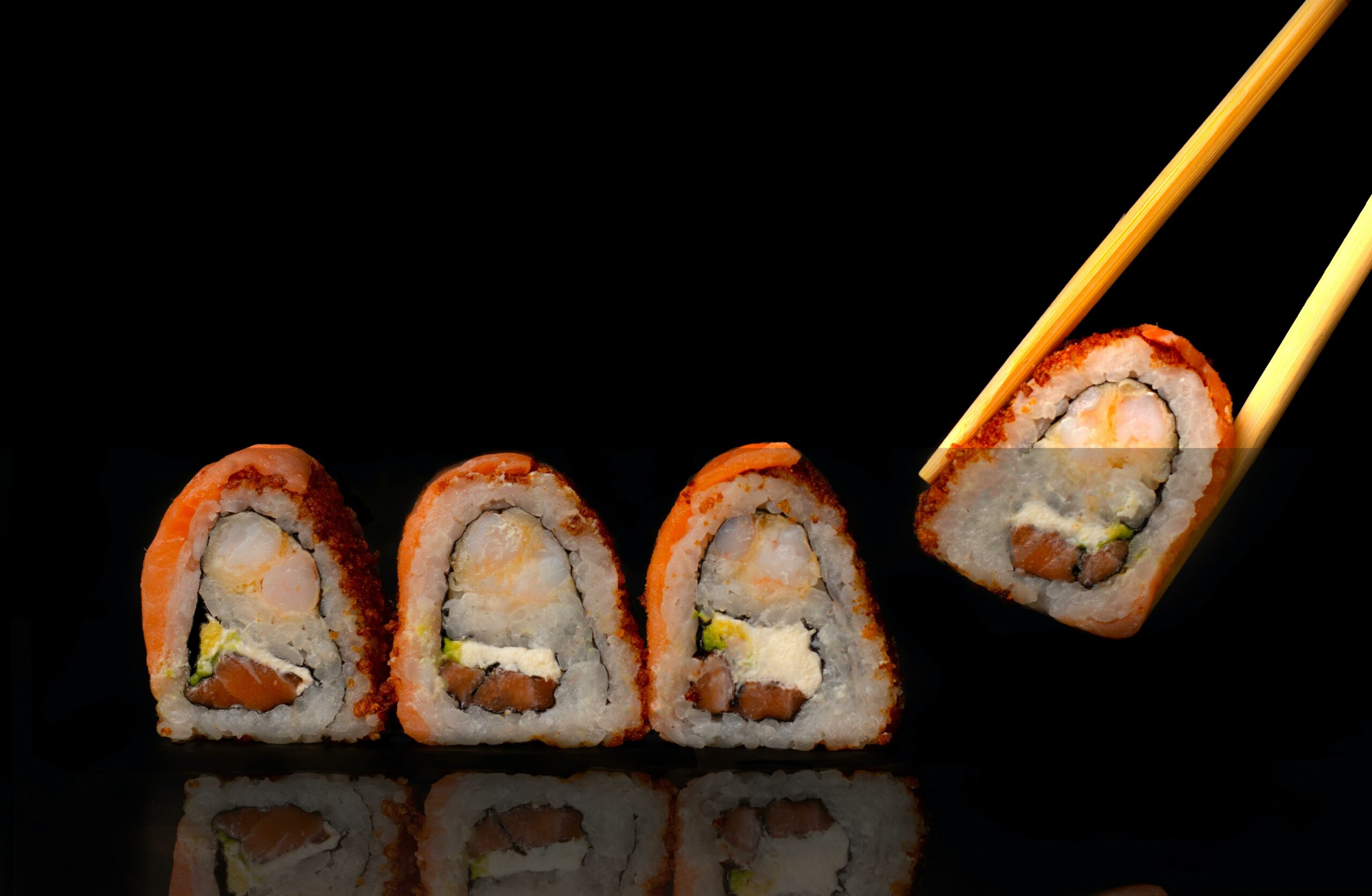Are you ready to uncover the secrets behind the mastery of sushi? Prepare to be amazed as we dive deep into the world of sushi training techniques and the dedication required to become a skilled sushi chef. In this article, we will explore the rigorous training that these culinary artists undergo, taking you on a captivating journey through the meticulous art of sushi making. From precision to passion, get ready to discover the extraordinary path to mastering the art of sushi. Let’s roll!
Training of Sushi Chefs
Sushi, a delicate and intricate art form originating from Japan, requires years of rigorous training to master. To become a skilled sushi chef, one must possess the right blend of experience, expertise, and a deep understanding of the culinary techniques unique to sushi-making. In this article, we will explore the comprehensive training involved in the journey towards becoming a sushi chef.
Formal Education vs. On-the-Job Apprenticeship
The path to becoming a sushi chef can take different routes, either through formal education or on-the-job apprenticeship. While some sushi chefs pursue a culinary arts degree or certification, others enter the industry with a high school diploma and gain practical experience through working in upscale sushi restaurants or learning from a sushi master.
“Whether you choose the structured path of formal education or the hands-on experience of an apprenticeship, dedication and passion are key in the training journey of a sushi chef.”
A Multifaceted Training Curriculum
The training curriculum for sushi chefs encompasses a wide range of skills and knowledge. From cooking methods and kitchen organization to seafood fabrication and sushi rice preparation, every aspect of sushi-making is meticulously covered. Sushi chefs learn the art of roll-making, master nigiri and sashimi techniques, and acquire the expertise to craft authentic Japanese sauces.
“In the training of sushi chefs, every detail, from food preparation to presentation, is an opportunity for learning and mastery.”
Years of Dedication and Practice
Sushi chef training is not for the faint of heart. It requires dedication, patience, and years of practice to achieve the level of mastery necessary to become a sushi master, also known as an itamae. Skilled sushi chefs commonly undergo training for up to 10 years, refining their techniques and honing their ability to create culinary masterpieces with precision and finesse.
“Becoming a sushi master is a journey that demands unwavering commitment and an unwavering dedication to the pursuit of perfection.”
Education Requirements and Previous Experience
The education requirements for sushi chefs can vary. While a high school diploma or GED may be sufficient for some positions, others may require an associate’s or bachelor’s degree in culinary arts. Additionally, experience in related roles such as line cook, server, or cook can provide a strong foundation for aspiring sushi chefs. Certification as a Certified Food Manager (CFM) can also enhance job prospects and earning potential.
“Combining educational qualifications with practical experience creates a well-rounded sushi chef capable of excelling in the demanding culinary world.”
Extensive Experience and Apprenticeship
While some schools offer sushi chef courses, the journey towards becoming an expert itamae extends far beyond the classroom. Apprenticeship under the guidance of a seasoned sushi master is a crucial component of the training process. The hands-on experience gained through apprenticeship allows aspiring chefs to immerse themselves in the craft and learn from the best in the industry.
“In the realm of sushi, experience is the most valuable teacher. Apprenticeship under a skilled sushi master nurtures and refines the unique skills required for sushi perfection.”
The Pursuit of Culinary Excellence
Becoming a sushi chef entails not only mastering the art of sushi but also becoming proficient in other Japanese culinary traditions. An itamae is trained to prepare various Japanese dishes, showcasing versatility and a deep understanding of the cuisine. Expertise in fish cleaning, knife skills, and the ability to create flawless sushi rolls are all part of the comprehensive training journey.
“A sushi chef is not only a master of sushi but a culinary artist dedicated to delighting the senses with every dish.”
In conclusion, the training of sushi chefs is a rigorous and intricate process that combines formal education, practical experience, and apprenticeship under the guidance of a seasoned sushi master. Whether following a structured educational path or learning through hands-on experience, the journey towards becoming a skilled sushi chef demands dedication, precision, and an unwavering passion for the art of sushi-making. So, if you are an aspiring sushi chef, embrace the challenges, immerse yourself in the culture, and embark on this extraordinary culinary adventure.
Sushi chefs are the masters behind the art of creating delectable and visually stunning sushi dishes. If you’re curious about the fascinating world of sushi chefs, we’ve got you covered! Discover some intriguing facts about sushi chefs and their culinary expertise. From their meticulous knife skills to their deep knowledge of the freshest ingredients, sushi chefs are true artisans in their craft. Dive into the secrets of sushi-making and learn more about the fascinating traditions and techniques that make sushi chefs true legends in the culinary world. Unravel the mysteries behind the sushi counter and explore the world of these skilled craftsmen by clicking here: facts about sushi chefs.
FAQ
Question 1
What are the education requirements for sushi chefs?
Answer 1
Sushi chef training can vary, but education requirements may include a high school diploma or GED, an associate’s degree in culinary arts, or a bachelor’s degree. However, experience and apprenticeship are also valued in the sushi industry.
Question 2
What topics are covered in sushi chef training?
Answer 2
Sushi chef training covers a range of topics including cooking methods, kitchen organization, seafood fabrication, sushi rice preparation, roll making, nigiri and sashimi techniques, and sauce making. It is a comprehensive curriculum that focuses on mastering the various aspects of sushi preparation.
Question 3
How long does it take to become a skilled sushi chef?
Answer 3
Becoming a skilled sushi chef can take several years of rigorous practice and training. It is not uncommon for sushi chefs to spend up to 10 years honing their skills and becoming an itamae, or sushi master. The training requires time, dedication, and a deep understanding of the intricate techniques involved in sushi making.
Question 4
What are the job requirements for sushi chefs?
Answer 4
While some sushi chef jobs may require a high school diploma, culinary arts degree, or certification, prior experience working in upscale sushi restaurants or learning from a sushi master is often preferred. Sushi chefs need to have a strong foundation in culinary arts and possess skills such as expert knife skills, knowledge of fish cleaning, and the ability to prepare perfect sushi rolls.
Question 5
How does certification impact the career of a sushi chef?
Answer 5
Certification as a Certified Food Manager (CFM) can help sushi chefs earn higher salaries and demonstrate their expertise in food safety and kitchen management. While certification is not always required, it can enhance career opportunities and showcase a sushi chef’s commitment to professionalism and excellence.












